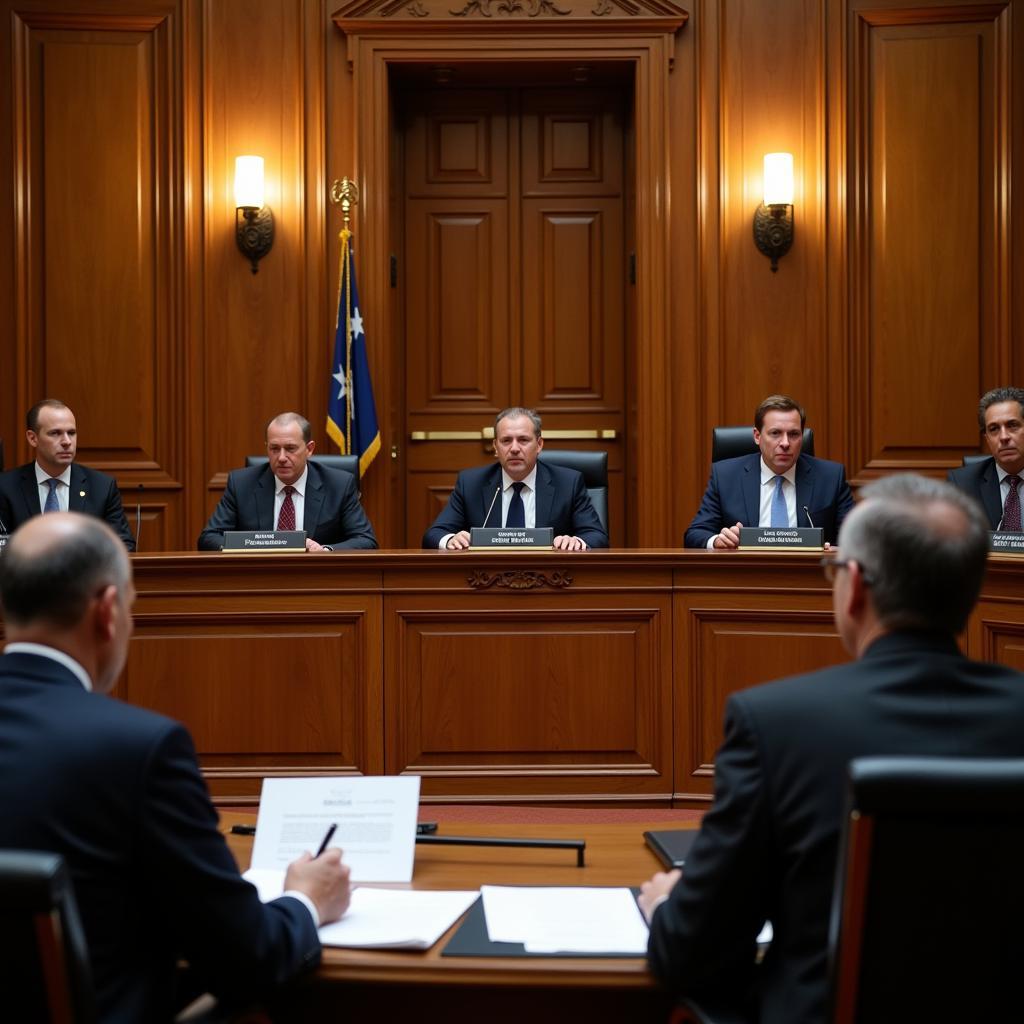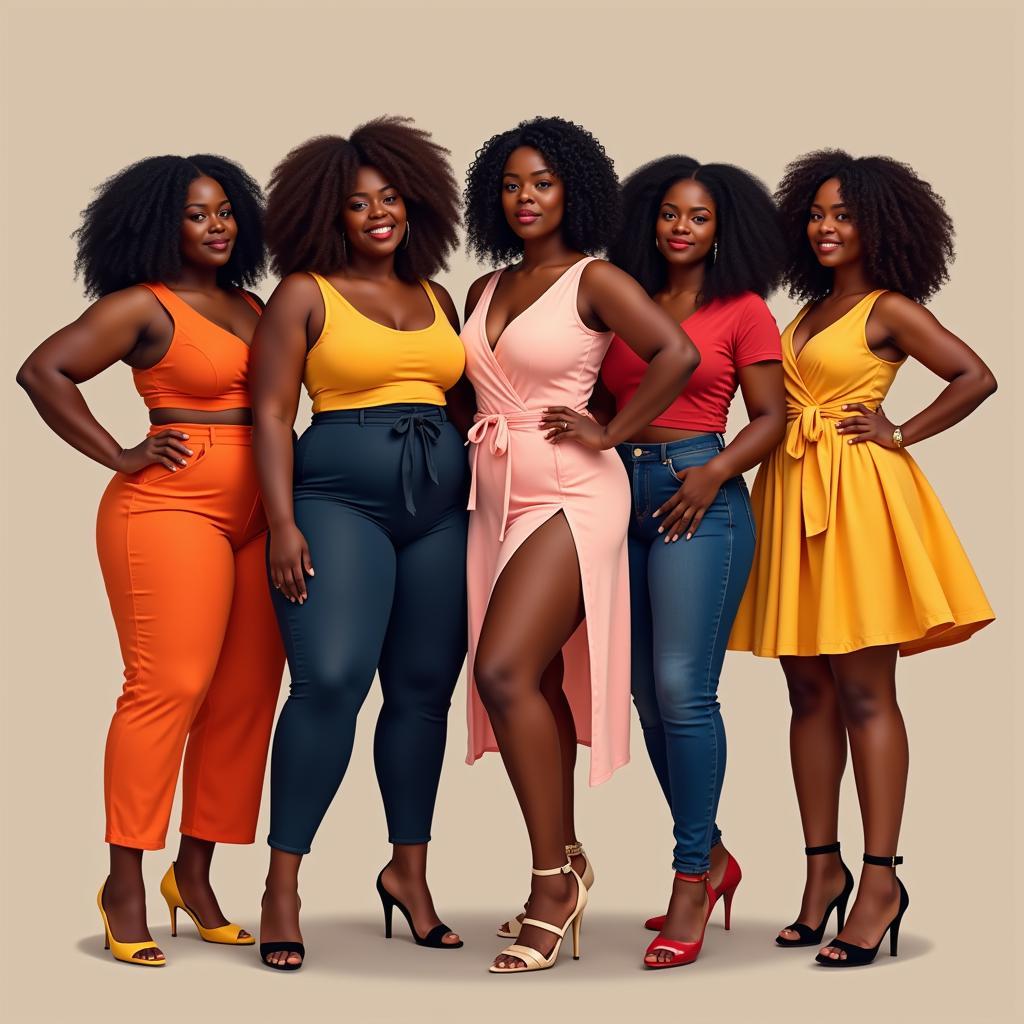African Convention on Human Rights & the ICJ
The African Convention on Human and Peoples’ Rights, often referenced in conjunction with the International Court of Justice (ICJ), plays a vital role in upholding human rights across the African continent. This comprehensive guide delves into the connection between the African Charter and the ICJ, exploring its significance and impact on international law.
Understanding the African Convention on Human Rights
The African Charter, adopted in 1981, establishes a system for protecting and promoting human rights and peoples’ rights within the African Union. It outlines fundamental rights, including civil, political, economic, social, and cultural rights, as well as the rights of peoples to self-determination, development, and a healthy environment. The African Commission on Human and Peoples’ Rights and the African Court on Human and Peoples’ Rights are the principal bodies responsible for overseeing the implementation of the Charter.
The Role of the African Commission
The African Commission investigates human rights violations, interprets the Charter, and promotes human rights education and awareness. It receives complaints from individuals, NGOs, and state parties, and issues recommendations to address violations.
The African Court on Human and Peoples’ Rights and its Jurisdiction
Established in 2004, the African Court has jurisdiction to hear cases relating to the interpretation and application of the Charter and other human rights instruments. It can receive complaints from individuals, NGOs, and state parties that have made a declaration accepting the Court’s jurisdiction.
The ICJ and its Relationship with the African Convention
While the ICJ is not directly involved in the enforcement of the African Charter, its jurisprudence can inform the interpretation and application of international human rights law, which in turn can influence the decisions of African human rights bodies. The ICJ, as the principal judicial organ of the United Nations, deals with disputes between states and provides advisory opinions on legal questions referred to it by authorized UN organs and specialized agencies.
How ICJ Decisions Influence African Human Rights Law
ICJ decisions on human rights, though not binding on the African Court, can offer valuable guidance on the interpretation of international human rights norms. The African Court, when interpreting the African Charter, may consider relevant ICJ pronouncements on related international human rights issues.
 ICJ Hearing on International Law
ICJ Hearing on International Law
Advisory Opinions and their Impact
Advisory opinions issued by the ICJ, while not binding, carry significant legal weight and can contribute to the development of customary international law. These opinions can be relevant to the interpretation of human rights provisions in the African Charter.
Case Studies: Examining the Interplay between the African Charter and International Law
Several cases demonstrate the complex interplay between the African Charter, the ICJ’s jurisprudence, and international human rights law. These cases often involve issues of state sovereignty, individual rights, and the interpretation of international treaties.
“The intersection between the ICJ’s pronouncements and the African Charter’s interpretation is crucial for a robust human rights framework on the continent,” states Dr. Amina Omar, a renowned expert in African human rights law at the University of Dar es Salaam.
Conclusion: Strengthening Human Rights Protection in Africa
The African Convention on Human and Peoples’ Rights and the ICJ, while operating within distinct frameworks, both contribute to the advancement of human rights. Understanding the relationship between the Charter, the ICJ’s pronouncements, and international law is critical for enhancing human rights protection in Africa. The African Convention On Human Rights Icj remains a cornerstone of human rights protection on the continent.
FAQ
- What is the African Convention on Human and Peoples’ Rights?
- How does the African Court on Human and Peoples’ Rights function?
- What is the role of the ICJ in international law?
- Do ICJ decisions directly impact the African Charter?
- How can I file a complaint with the African Commission?
- What are some key cases involving the African Charter?
- Where can I find more resources on African human rights law?
Common Scenarios and Questions:
- Scenario: An individual’s right to freedom of expression is violated by their government. Question: How can the African Charter be used to address this violation?
- Scenario: A state party to the African Charter is accused of human rights abuses. Question: What mechanisms exist within the African human rights system to hold the state accountable?
Further Reading and Resources:
You might find these other articles helpful:
- Understanding the Jurisdiction of the African Court
- Key Principles of the African Charter
- The ICJ and International Human Rights Law
When you need assistance, don’t hesitate to contact us. Phone: +255768904061, Email: [email protected] Or visit us at: Mbarali DC Mawindi, Kangaga, Tanzania. Our customer service team is available 24/7.

